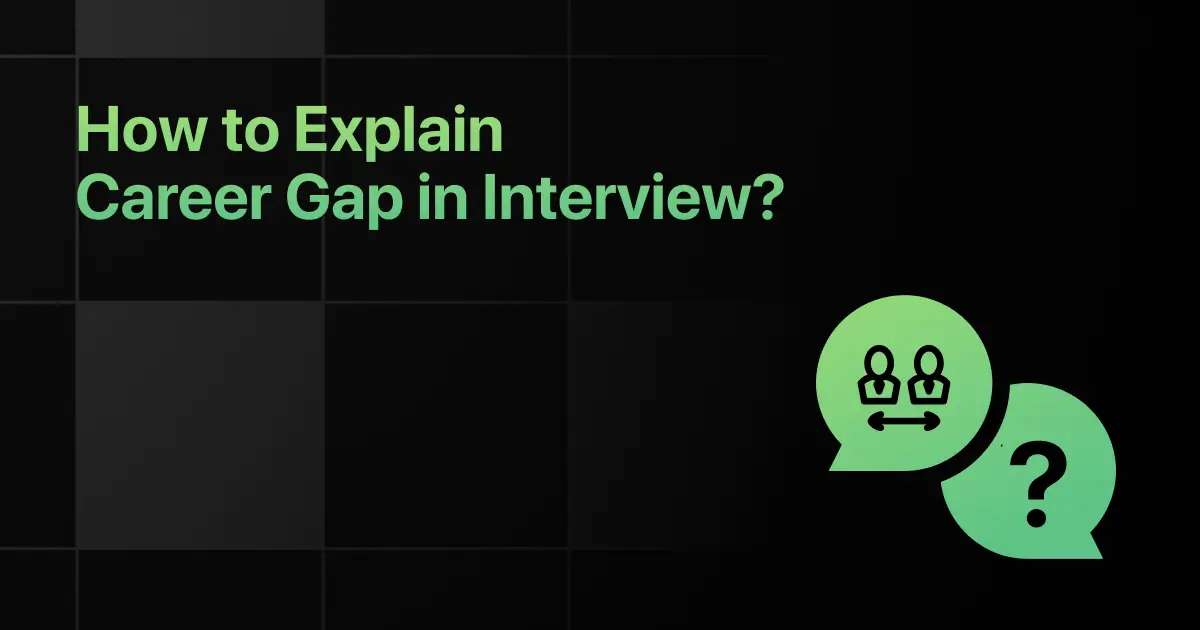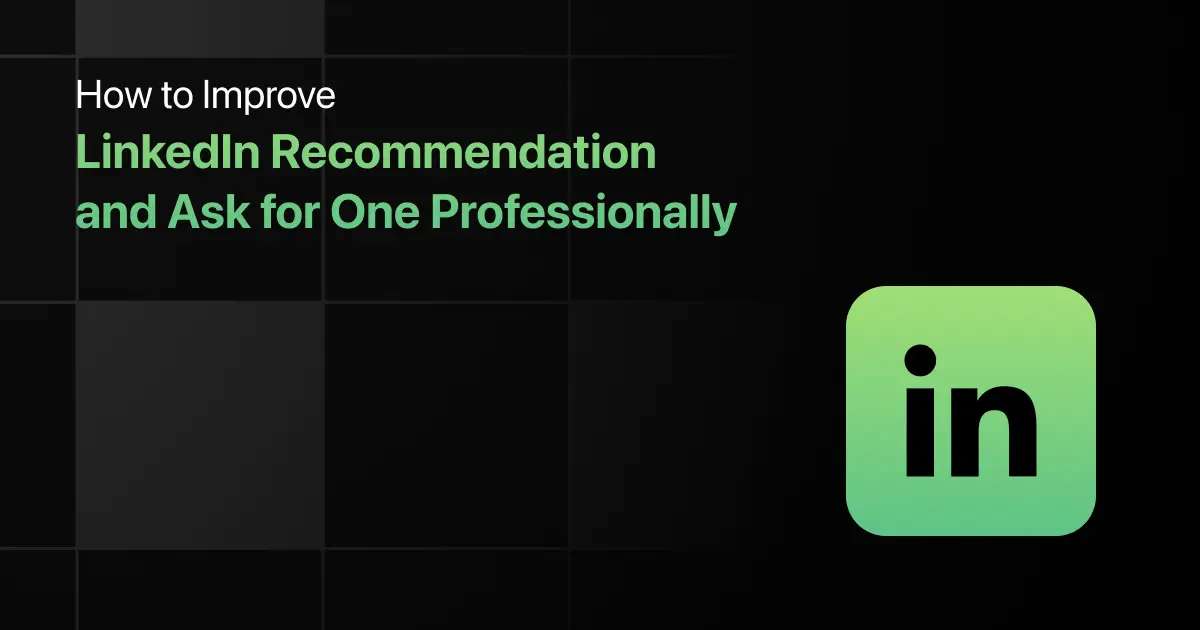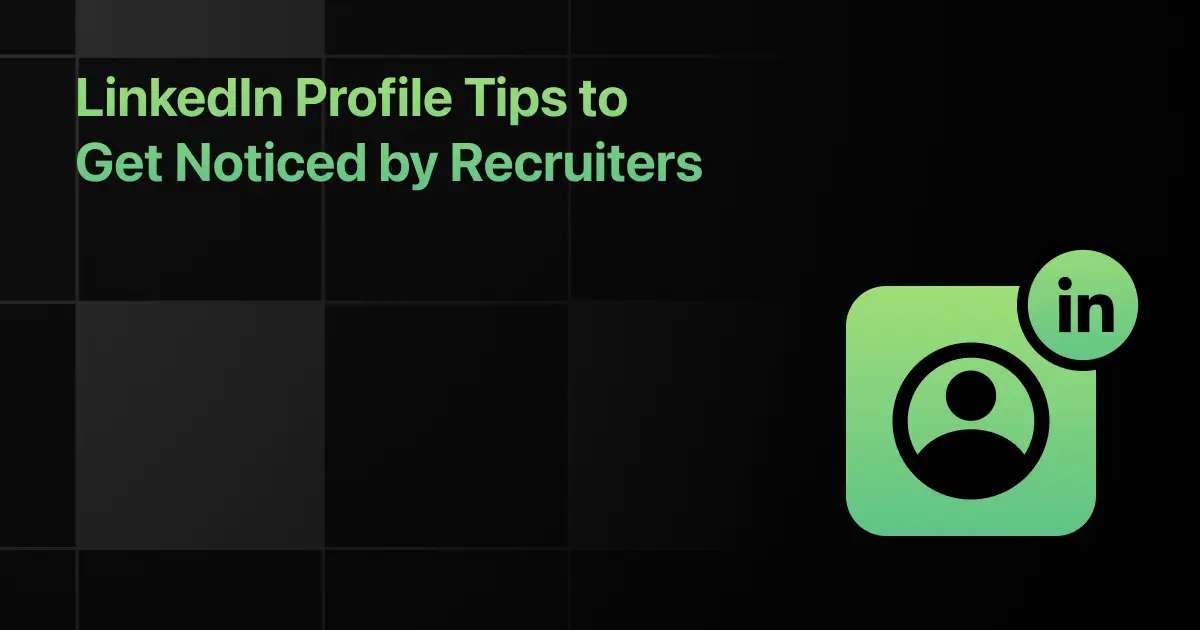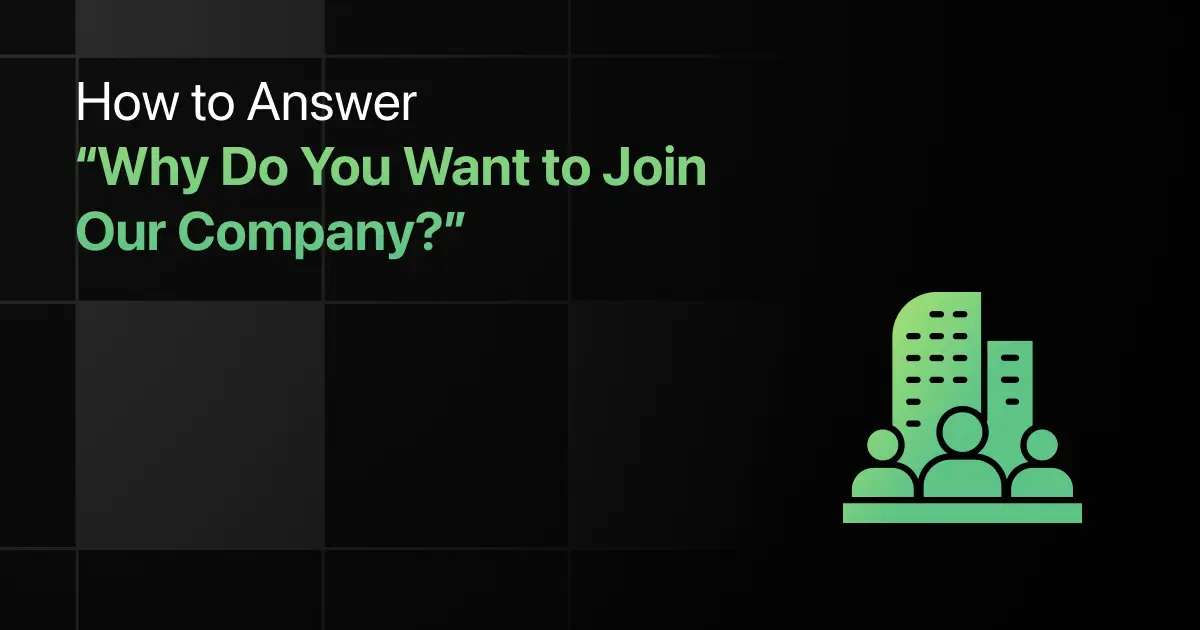How to Explain a Career Gap in an Interview?

So, you’ve landed an interview, but there’s that career gap in your resume making you a bit nervous about what to say when the interviewer asks, “So, what’s up with this gap?”
You could have taken time off for family, personal growth, or just needed a breather, that gap doesn’t have to be a dealbreaker.
In this blog, we’ll answer the question “How to Explain Career Gap in Interview?”
Best Ways to Explain a Career Gap During an Interview
Here’s how to talk about your career gap in an interview in a way that makes you shine:
1. Crafting a Positive Story to Explain Your Gap
When the interviewer asks about your career gap, you don’t need to spill your whole life story, just a quick, upbeat explanation that shows
what you were up to and how it makes you a better fit for the job.
Maybe you took a year to care for a loved one or to learn coding on your own; whatever it was, focus on the skills or perspective you gained, like problem-solving, and tie it to what the employer needs.
What Not to Do:
- Don’t ramble with too many details; stick to one or two sentences that pack a punch.
- Don’t sound apologetic, like “I’m sorry I had to take time off.” Own it with confidence.
- Don’t mention irrelevant personal stuff, like relationship drama, that doesn’t add value to your candidacy.
2. Practicing Your Answer to Sound Natural, Not Rehearsed
You want your explanation to feel like a real conversation, not like you memorized a speech.
Practice your answer a few times out loud, maybe in front of a mirror or with a friend, so you can nail the key points without sounding like a robot.
This way, even if the interviewer throws in a follow-up question, you’ll be ready to roll with it naturally.
What Not to Do:
- Don’t over-rehearse to the point where you sound like you’re reciting lines; keep it loose.
- Don’t freeze if they ask for a follow-up, practice pivoting to your strengths instead.
- Don’t use jargon or buzzwords that don’t feel like “you,” like “leveraged my time optimally.” Be real.
3. Flipping the Script to Focus on Your Comeback
The goal isn’t to dwell on why you took a break but to shine a spotlight on why you’re ready to crush it now.
After briefly explaining the gap, pivot to what you’re bringing to the table, your fresh perspective, updated skills, or renewed passion for the work.
This shows the interviewer you’re not stuck in the past but pumped about the future, making them see you as the perfect fit for the role.
What Not to Do:
- Don’t let the gap dominate the conversation; mention it and move on to your strengths.
- Don’t sound uncertain, like “I’m still figuring things out.” Show you’re ready to dive in.
- Don’t focus only on the past, always connect your answer to what you offer now.
Final Words
Your career gap in an interview isn’t something to sweat, it’s just a part of your story.
With a little prep and confidence, you can turn it into a chance to show how ready you are to nail this next step.
FAQs
Keep it simple and honest. Mention the reason briefly, then focus on how you’ve stayed productive or what you’ve learned during that time.
Be truthful, but keep it professional. You don’t need to overshare, just give a clear reason and show you’re ready to get back to work.
Say you took time off for personal growth, health, or family reasons, and now you’re fully ready to return to your career path.
Yes, if you did anything that added value, like freelancing, volunteering, or learning new skills, talk about it confidently.
There’s no fixed rule, but the longer the gap, the more important it is to explain how you stayed prepared for re-entry.
Don’t lie, don’t dwell on negatives, and don’t act defensive. Keep it positive and steer the conversation toward your current strengths.
Related Posts


How to Write a LinkedIn Recommendation and Ask for One Professionally
Ever visited a LinkedIn profile, scrolled past the experience section, and stopped at the recommendations, wondering how people get such …
Warning: Undefined variable $post_id in /var/www/wordpress/wp-content/themes/placementpreparation/template-parts/popup-zenlite.php on line 1050








